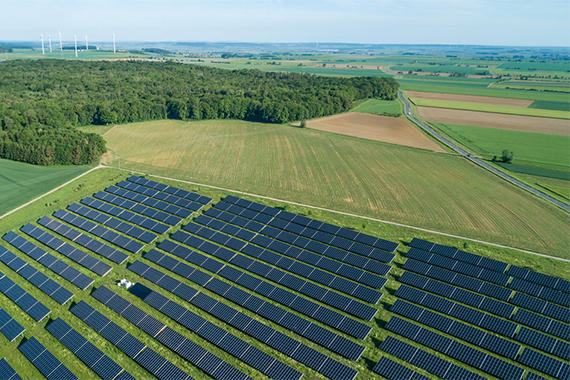More news
- New Managing Director of BASF’s Coatings division
- Global New Material International (GNMI) to acquire Merck’s Surface Solutions busine...
- Delta Coatings unveils plans for global eco-friendly HQ and plant
- PPG recognised for sustainability progress by FTSE4Good for sixth consecutive year
- ChemQuest expands Business Development team, names four VPs

The independent Science Based Targets initiative (SBTi) has validated Wacker’s target of achieving net zero by 2045. This makes Wacker one of the first 15 chemical companies worldwide with a validated net zero target – “Net Zero by 2045”. The chemical company thereby proves that its entire greenhouse-gas reduction path is in line with the 1.5°C target of the Paris Agreement.
“With its climate protection targets, Wacker is a true pioneer,” says Christian Hartel, Wacker’s President and CEO. “The validation proves that we are serious and on the right track. Our production will be climate neutral by 2045.”
Science Based Targets are scientifically backed reduction targets that show companies how much and how quickly they need to reduce their greenhouse gas emissions in order to help combat the effects of climate change. They are in line with the goal of the Paris Agreement to limit global warming to a maximum of 1.5°C by 2050 compared to the pre-industrial era.
READ MORE:
Wacker set itself climate protection targets for 2030 back in 2021 and had them validated by SBTi. Among other things, the absolute CO2 emissions in the Group are to be reduced by 50% by 2030.
The company is following two strategic approaches to improving its own environmental footprint and making substantial contributions to limiting global warming: “First, we are working to further minimise resource consumption and greenhouse gas emissions with regard to our own products and processes,” explains Hartel. “Second, we offer numerous attractive product solutions, helping our customers in the transformation to net zero.”
For example, Wacker produces polysilicon, the most important starting material for solar cells. In addition, the company provides thermally conductive specialty silicones for electric vehicles, as well as innovative high-performance binders used in thermal insulation systems in buildings.
For more information on Wacker’s net-zero target, visit: Net Zero – Climate Neutral by 2045



